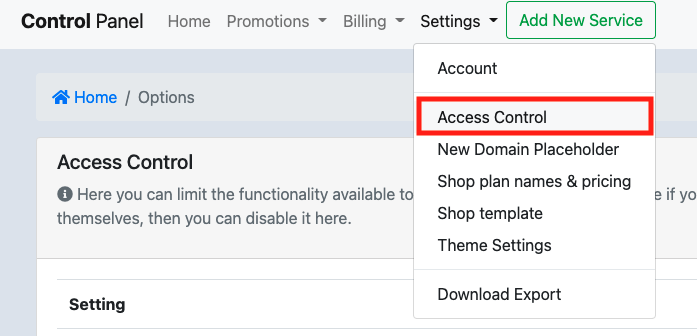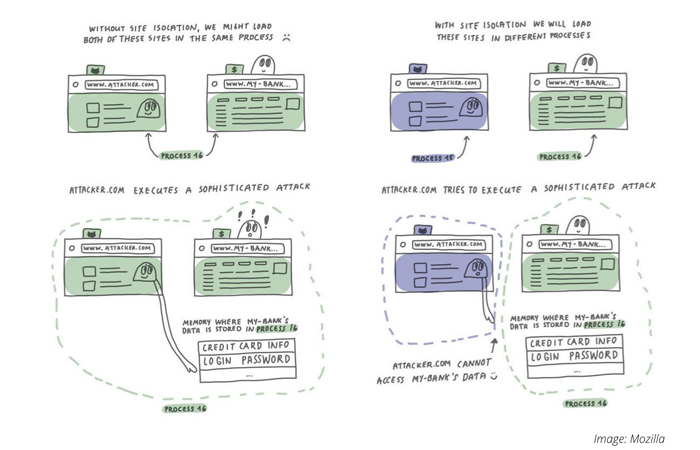The internet took a deep dive into Brave Private Browser, to figure out why it has become increasingly popular to users. Here’s what you need to know to decide whether Brave’s for you.
What makes Brave browser special amongst other browsers is its speed and the privacy protection it provides to users, both a result of its aggressive ad-blocking strategy. The browser was built to block ads and website trackers and provides a way for users to send contributions in the form of Basic Attention Tokens (BAT) to websites and content creators. This is optional, but a nice way to say “thank you” to those websites you like. You can also (optionally) earn BAT by checking out advertisements which aren’t on the page, but come in as a browser alert.
The company has also sworn that it does not, and will not, store any user data on its servers. “We keep user data out of our cloud Brave Vault by default,” Eich wrote in his inaugural post in 2016. “It’s better for you and us that we don’t store any of your data without your permission.”
Beyond that, the Brave browser is based on Chromium, the open-source code that forms the basis for Google Chrome. Which means it is a reasonably standard browser where web pages should work as you expect. Brave is also compatible with Chrome extensions.
So in short, Brave is the browser for those of you who use Chrome and have not been able to switch to Firefox, despite Firefox being more privacy focussed. It comes with a nice bookmark import tool to make switching even easier.
If you want to try Brave, it can be downloaded from Brave Software’s site.











